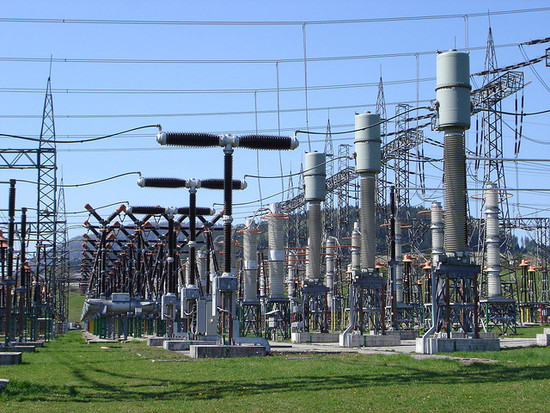ISLAMABAD ( BMZ REPORT )
Barrister Syed Ali Zafar today submitted his arguments in the case challenging NEPRA’s jurisdiction and decision to modify its tariff for more than 19 companies.
Barrister Zafar, representing the Petitioners, submitted that as far back as the year 2007, the Government of Pakistan and NEPRA, invited investors to set up small power projects of less than 50 MW in Pakistan and in pursuance of such invitations NEPRA promulgated a Policy known as the “Policy of 2009” in which a tariff was determined, fixed and approved by NEPRA. He said that various investors applied for generation licenses from NEPRA which generation licenses were granted in 2010. Barrister Zafar submitted that the generation licenses were expressly granted in pursuance of the Policy and hence contained the pre-approved tariff. After the generation licenses, the investors made millions of dollars investment, set up their projects and started supplying electricity to various DISCOs. However after projects have been set up, NEPRA made an advertisement that they were desirous of modifying the tariff and the tariff contained in the Policy and agreed between the parties would no longer be applicable. In spite of the protest of the parties, NEPRA went on to change the tariff in a way that no generating company could then afford to supply electricity because the ventures became loss making. Barrister Zafar submitted that in this way in spite of there being load shedding in the country NEPRA is not purchasing electricity from the cheapest available source of the Petitioners’ plants and instead buying electricity from plants which are much more expensive.
Syed Ali Zafar quoted various judgement and relied on the principles of promissory estopple, legitimate expectancy and vested rights and argued that once the Government has invited and allowed projects to be set up on a particular tariff, then NEPRA is stopped under the law from changing the tariff to the detriment of the Petitioner. He further argued that the NEPRA’s decision to apply the new tariff retrospectively is also contrary to the law. The other counsel supported the arguments of Syed Ali Zafar while the lawyers for DISCOs and NEPRA argued that under the law they were entitled to determine any tariff. The Court continued to hear the arguments for two days and upon conclusion of the case has reserved judgement to be announced shortly.

